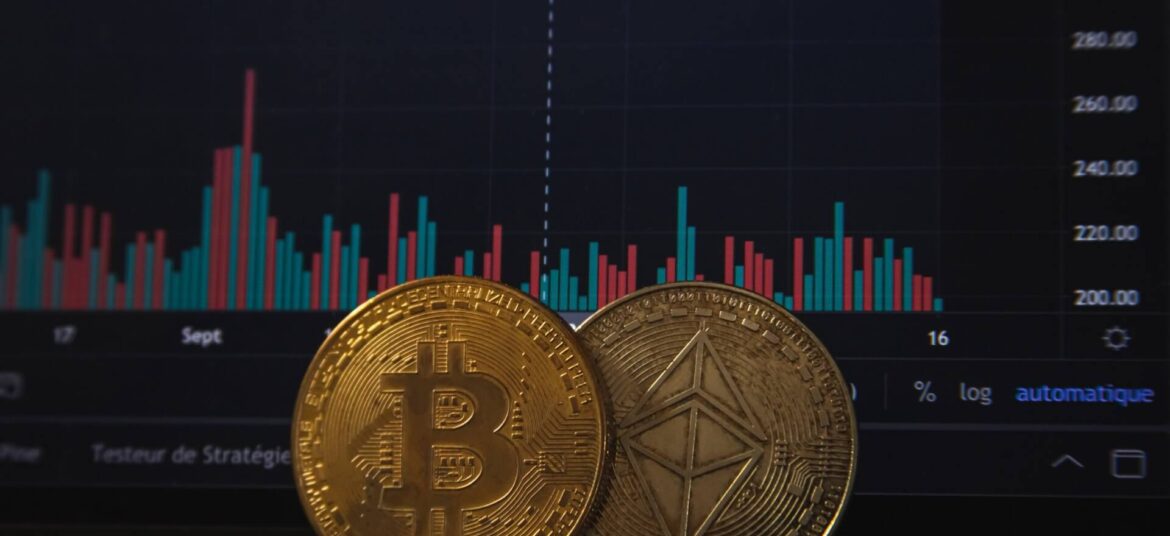After a brief lull during the crypto winter, the resurgent digital technology is regaining solid momentum across Southeast Asia

THE RESURGENCE
The rise in usage of blockchain may have been muted over the past one year, but the long-term prospects of the technology are intact. Even as the Singaporean state holding company Temasek Holdings recently wrote off a $275 million investment in a crypto exchange, it has stated that it continues to recognise the potential of blockchain applications and decentralised technologies to transform sectors and create a more connected world. Southeast Asia is home to more than 600 crypto or blockchain companies and a notable component of recent growth in venture capital funding across the region is coming from crypto, blockchain and Web 3 startups.
A CASE FOR BLOCKCHAIN
While the booming economies are ripe for technological transformation, the young populations and favourable demographics offer tremendous potential in consumer-facing services. The ASEAN region already accounts for a notable percentage of all crypto-currency and non-fungible token (NFT) transactions globally. While governments and private sector are increasingly adopting blockchain for improved efficiency and transparency, high-networth individuals are also adding virtual assets like cryptocurrency funds, NFTs and stablecoins to their investment portfolios.
THE SUPPLY CHAIN SOLUTION
Waking to its potential, organisations are adopting blockchain to effectively mitigate business and supply chain challenges. Managing today’s supply chains that can span over hundreds of stages, across multiple geographies, with a multitude of invoices, payments and processes, involving multiple individuals and entities, over a period of months, is extraordinarily complex. The modern supply chain ecosystem is about management of data, services and products, and their bundling into solutions. From frictionless supply chains to delivering products that can be trusted, the industry is transforming business with blockchain – the shared, immutable ledger that facilitates the process of recording transactions and tracking assets in a business network. Blockchain is also hugely effective in building trust between trading partners with a shared, permissioned record of ownership, location and movement of parts and goods. The emergent technology is not only enhancing transparency and compliance, but also enabling much faster real-time resolution of unforeseen issues.
THE WAY FORWARD
Enabled by growth-friendly legislations and a conducive policy framework, blockchain is tipped to grow exponentially across domains – from trade and commerce, to retail and services – in the years to come. Even as governments will fortify the regulatory mechanism to govern digital assets and mitigate illicit transactions, Web 3 startups will drive innovations to increase the use cases and improve the existing processes, expanding the reach and influence of blockchain in the region. With blockchain being a natural fit for AI, the cumulative impact of the twin technologies will span across sectors, emerging as key drivers of economies in the years to come.

Kavita Panda is our Chief Operating Officer and Country Manager for India. Kavita was Executive Director of The Walt Disney Company India, wherein, she spent a decade and half in various business roles across Content Syndication, Licensing and Merchandising, Solution Sales and Advertising Sales.
Stay up to update with our latest news.
Have Us Contact You
